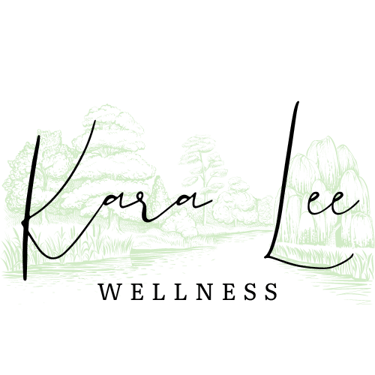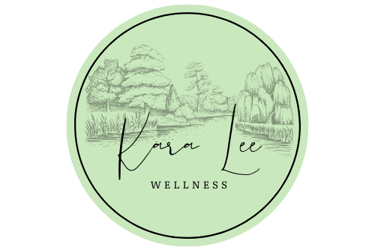How to Actually Get 30g of Protein at Meals
Struggling to get 30g of protein in at meals? This post will help you practically navigate ways to hit your protein goals.
MEAT PART OF A HEALTHY DIETHEALTH AND WELLNESSBALANCED DIET


Over the last several years the topic of protein and how much to get has become a major focus for many health professionals and health coaches alike. Whether talking about the Keto diet, carnivore, or any other protein heavy diet it has become mainstream to "eat your protein." What I want to talk to you about today is about whether protein is worth the hype, how much to actually get, and how to reach that goal and even go beyond depending on your needs.
To answer the question right off the bat whether protein is important, yes. Protein is central to many functions in the body including building and repairing tissues, structural support for bones and muscles, for enzyme support to aid in digestion, for hormone and electrolyte balance, for quality energy source and more! Protein helps to balance blood sugar, keep you fuller longer, and more energized throughout the day. So, I do not encourage skipping it.
The next question that comes in is how much do I actually need? And though everyone's needs are different based on activity level, whether you are pregnant or breastfeeding, or have injuries or wounds that require extra support for healing the general consensus is that a good place to start is at about 30g per meal so totaling at least 90g per day. I would argue that for most of us that is still on the lower end of what we are actually needing, but again you would need specific support from a qualified health professional to determine what you actually need.
With that being said, how do you actually get 30g of protein in at meals? The easiest way is to look at the package of whatever you are preparing and determining how much you need of that food to get to 30g or a combination of foods. The easiest way to get the most protein for the smallest amount of food is meat/meat sources. The next highest sources of protein are seafood and dairy. If you are struggling to eat enough protein and don't want to be eating huge portions of food I would recommend focusing on meat, seafood, dairy products. This is why I don't recommend avoiding/limiting meat among many reasons which I talk about in my other blog post, "Why I Don't Recommend Avoiding Meat" (That will bring you right to the blog post) Lastly nuts, seeds, beans, lentils, grains, etc. have some protein, but they are not as easily absorbed by the body and don't contain as many of the vitamins and minerals that are needed.
Another route you could take is breaking up the 90+ grams of protein for the whole day into meals and snacks. If you struggle to get the full 30g at meals then do 20g at meals and 10g at snacks and build from there. If you are finding it difficult to eat enough protein still, just start slow. Shooting for 15-20g per meal and building from there can be helpful. If you feel like you are having a hard time digesting protein, sometimes additional support is helpful like supporting stomach acid, supporting the gallbladder, and making sure you are chewing your food thoroughly. If problems persist though, it would be worthwhile to talk with a dietitian to see what is needed to support your digestion.
I created two handouts that are free for you to reference to help support you in eating enough protein. Many times just increasing the amount of protein you are already eating at meals is enough as well. I created a "30g of Protein-Quick Meal Guide" for ideas of meals and how much is needed to reach 30g for a meal. I also created the "Protein Chart" to help determine how much protein is in foods and what the serving sizes are. I would highly recommend grabbing both of those to support you in eating enough.
Lastly, I will say protein is not the be all end all, you do need fats and carbohydrates to support your body, blood sugar, hormones, energy and more. I am not against a strict protein diet for short seasons to support gut healing or if there is another issue present, but it is not a long term diet. Protein is important, but so is getting your fat and carbohydrates as well. I hope this post was helpful. Please feel free to let me know if you have any questions or enjoyed the content. I enjoy being able to share tips and tricks to hopefully make your life easier and healthier.


